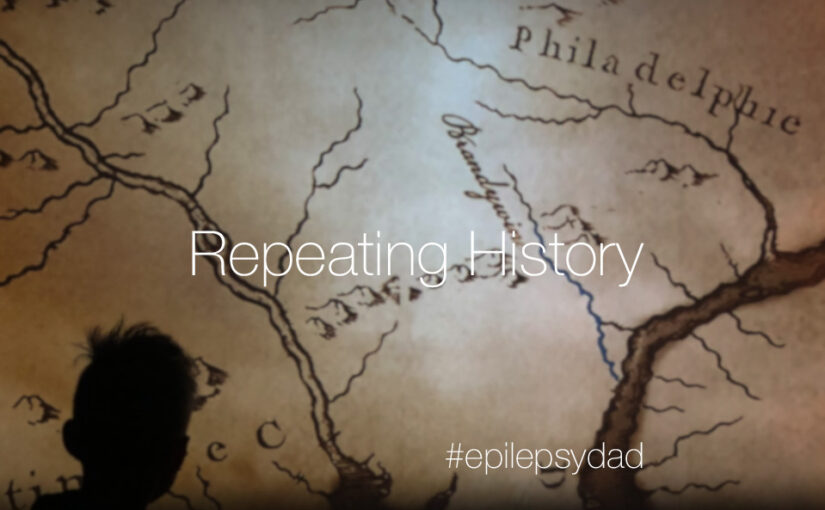In case you haven’t heard, we have a big election coming up in the United States. To be fair, many countries are seeing their politics follow the same loud, divisive, truth-adjacent bullying trend that was made popular by the success of one of our “candidates” in 2016.
It’s even worse this year.
It’s also terrifying to think this is the world my son will grow up in.
Candidates are being elected and staying in power by peddling fear and hate for the “other.” The easy group to target is immigrants. Falsehoods about their choice of protein and taking over small towns across the country continued to spread long after they were disproved. But it’s a slippery slope to go from immigrants to those who support immigrants to any group that is different or believes differently. History has not been kind to people like my son, for example. People with disabilities were lumped into the “other,” the inferior, and the unworthy of life.
Too many people believe and repeat the blatant lies coming from these candidates, either because they align with the way they want the world to be or because we have lost the ability to think critically, question what we are told, and discover the truth for ourselves. Even when all the data and science support a particular fact, if it goes against what they want to be true, they’ll lean into their doubt. They’ll claim the other side and media are biased for saying the same thing (e.g., facts), and they’ll listen to the pundits in their echo chamber because surfacing “alternative facts” makes them “unbiased.” They think their doubt makes them clever. They’re mistaking cleverness for ignorance.
They think their doubt makes them clever.
They’re mistaking cleverness for ignorance.
Single-issue voters are willing to look the other way and ignore the unpalatable aspects of a candidate as long as the candidate holds (or says they hold) the same position on a specific issue. “Sure, this candidate is a felon, racist, sexist, fascist dictator, but they’re pro-life, which is the only thing that matters.” Worse, they’ll combine their logic with the doubters above and try to justify their position by convincing themselves that the other labels are misunderstood, out of context, or “just politics.” They can’t believe someone who agrees with their position on a key issue could be a monster, even if the candidate only claims to agree to get enough votes to push a much more dystopian, self-serving agenda.
This includes people who believe that our political system is broken and that bringing in an outsider is the way to fix it. If one candidate represents the establishment, regardless of their policies or fitness to lead, they won’t get the vote. Even in a crisis where the country would benefit from someone who understands the system, and even if the non-establishment candidate is unqualified, a criminal, incompetent, and dangerous, they believe that voting for and electing an outsider will make the country better.
When I was in history class, we read about World War II and asked how a country could elect a party and a person who would ultimately commit such atrocities on the world. I couldn’t understand how millions of people could minimize or normalize the extreme rhetoric, the hate, and the violence. It seemed so unfathomable that anyone could look the other way or fully support their country’s direction.
But here we are, nearly a century later, repeating history. People are spreading the idea that our country has lost its way and that we need to go back, that outsiders are a threat to our national identity, and that the other side is what will cause our country’s collapse. Fear, hate, us versus them—it’s the same playbook. And the party and its people are going along with it because it’s more important to win and be in control than to be good and do good. When you’re willing to win at any cost, humanity loses.
It makes me wonder if, 100 years from now, students will sit in a history class wondering how we let this happen. They’ll have the benefits of time and hindsight to see the similarities between parties trying to make their countries great again at any cost because they were too focused on looking back at what they thought their country was instead of looking forward to what it could become.
